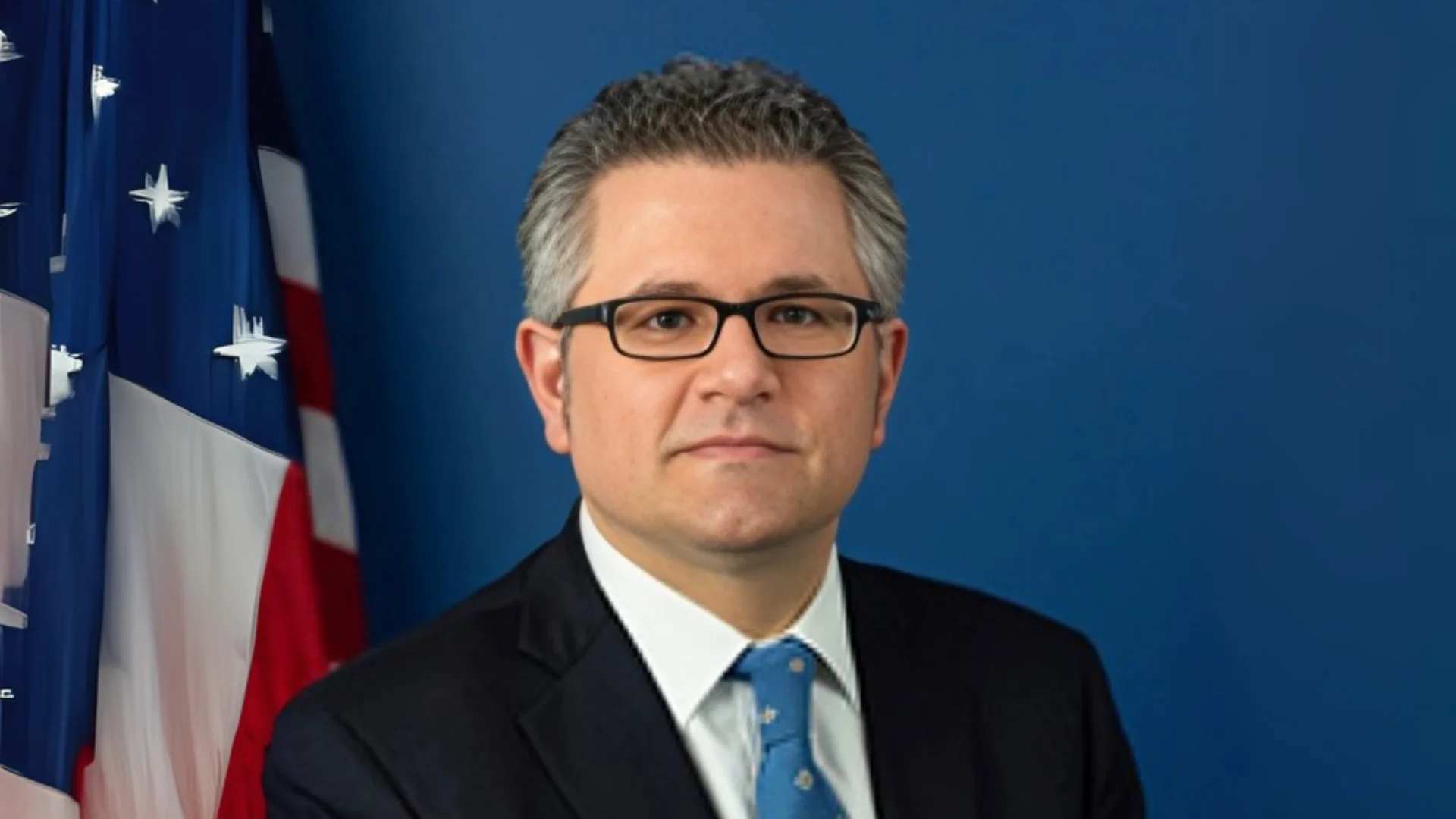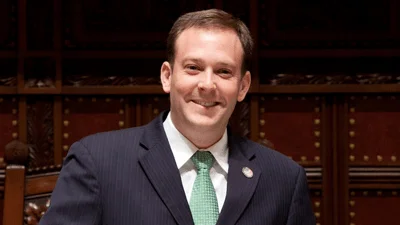Secretary of the Treasury Scott Bessent addressed the Financial Literacy and Education Commission (FLEC) on Wednesday, emphasizing the importance of financial literacy for Americans as the nation approaches its 250th anniversary. He highlighted the administration's commitment to broadening economic opportunities through increased financial education.
Bessent noted that expanding financial literacy will shape future generations and promote fiscal responsibility among both citizens and leaders. “It is my firm belief that expanding financial literacy among our citizens will fundamentally shape future generations. Financially responsible citizens will demand financially responsible leaders. And many of them will become those leaders themselves one day. This will help put our country back on a financially sustainable path,” he said.
He expressed enthusiasm for the introduction of Trump Accounts, which were established in recent legislation passed by Congress. According to Bessent, these accounts are designed to provide young Americans with hands-on experience in saving and investing, helping them build a foundation for long-term financial security. “Starting next year, Trump Accounts will begin to build a strong foundation for young Americans’ financial futures. These accounts are an opportunity for children to learn how to invest and grow their money through real-world experience, giving the next generation a jumpstart in establishing financial security,” he stated.
Addressing challenges to financial security, Bessent warned about evolving scams and fraud schemes that threaten families across the country. He pointed out that law enforcement efforts and anti-money laundering measures play an important role in protecting consumers but also emphasized FLEC’s educational mission: “The agencies represented on the FLEC also play a key role by warning Americans of risks and teaching them how to avoid scams.”
A key focus of this FLEC meeting was payment fraud—a growing concern nationally. Bessent described steps being taken by federal agencies to modernize government payments, including phasing out paper checks except where necessary and moving toward electronic payments as a way to reduce fraud and improve efficiency. “By ending the federal government’s use of paper checks, except in limited situations, and by accelerating the transition to electronic payments, we can help reduce fraud, theft, and delays that prevent hardworking Americans from receiving their payments,” he said.
Bessent added that educating Americans about the risks associated with paper checks is part of this modernization effort: “We are also leveraging the opportunity to provide all Americans with information on the immediate and growing fraud risks associated with paper checks, as well as the knowledge and tools to use electronic payments that are safer, faster, and more convenient.”
Looking ahead, Bessent called for an update to the National Strategy for Financial Literacy—last revised in 2020—to address current challenges facing American households. He urged commission members to work with public and private partners on developing a renewed strategy: “I will therefore close by calling on the commission to engage with our public and private partners to put forward a renewed national strategy that addresses financial challenges and opportunities facing Americans today.”
Bessent concluded his remarks by turning over proceedings to Mark Calabria, who is acting for the Vice Chair of FLEC.





